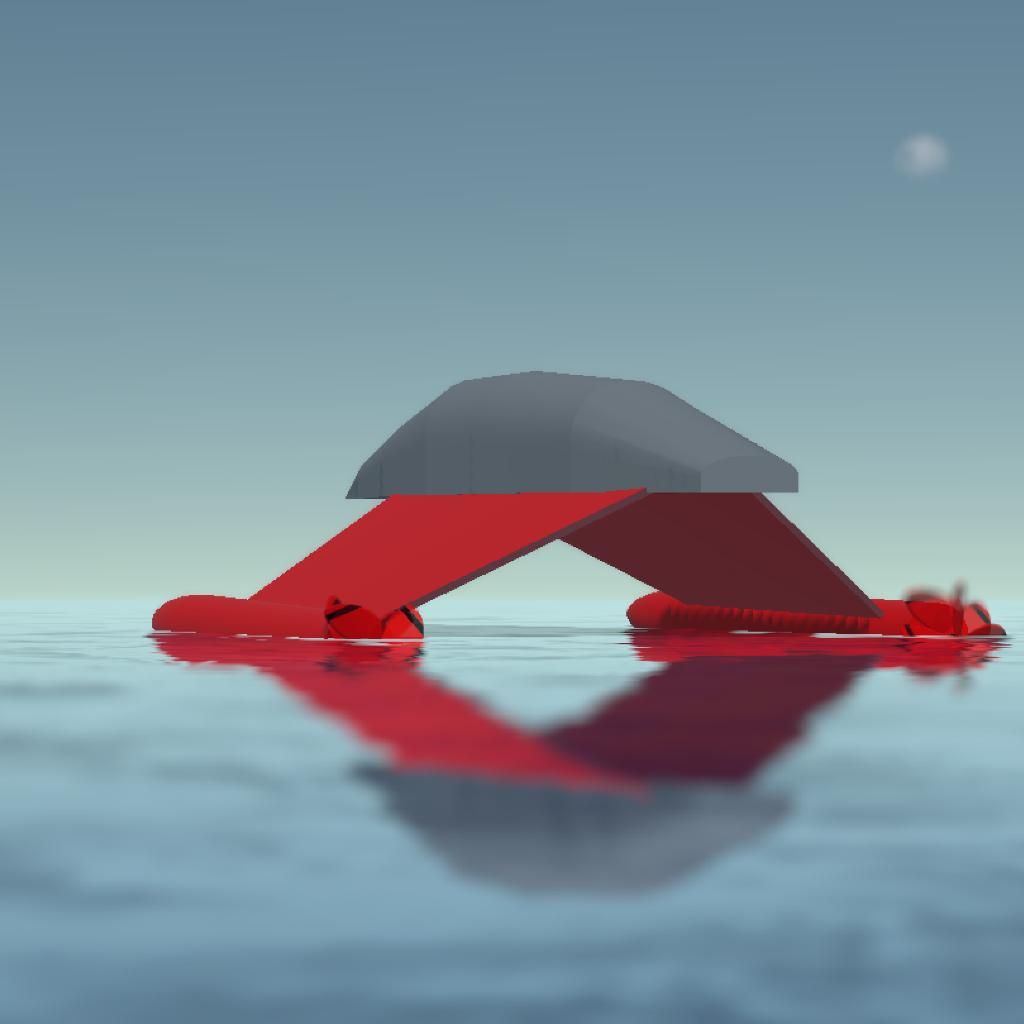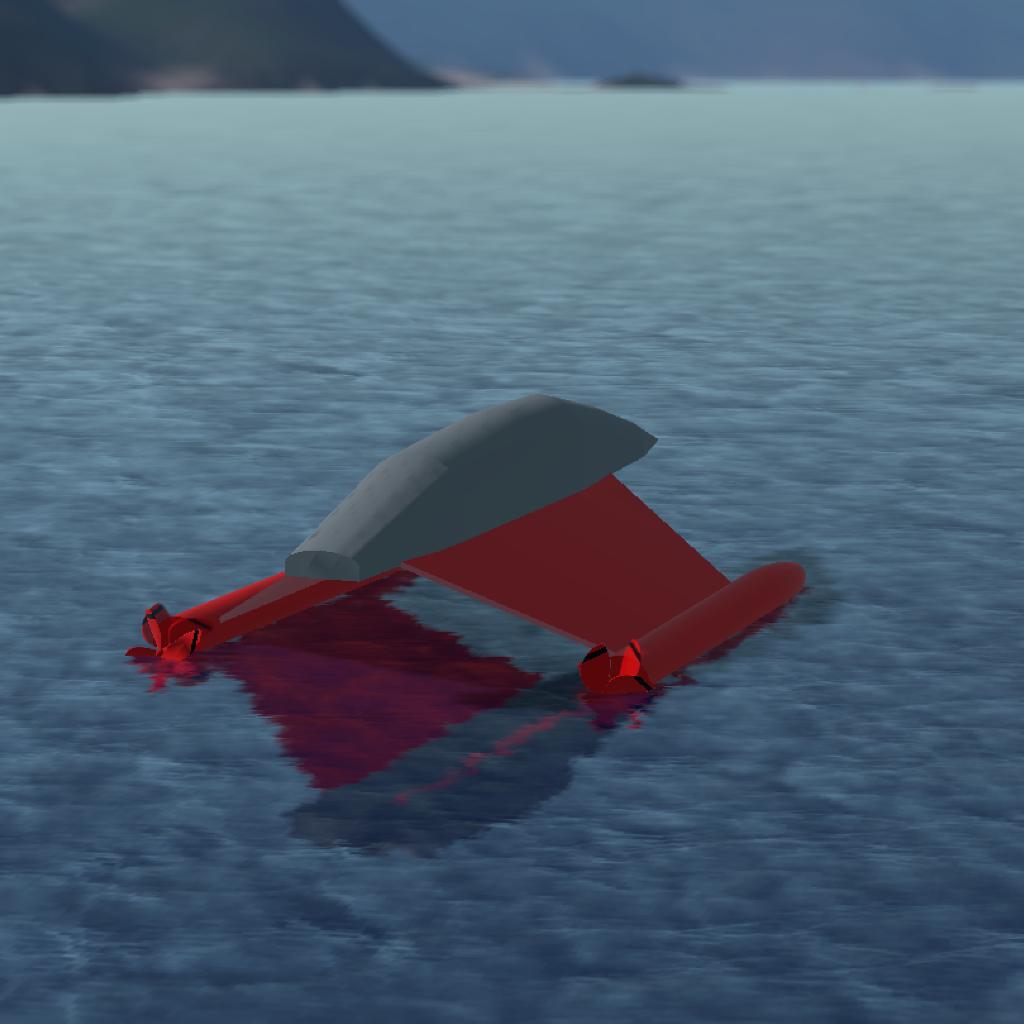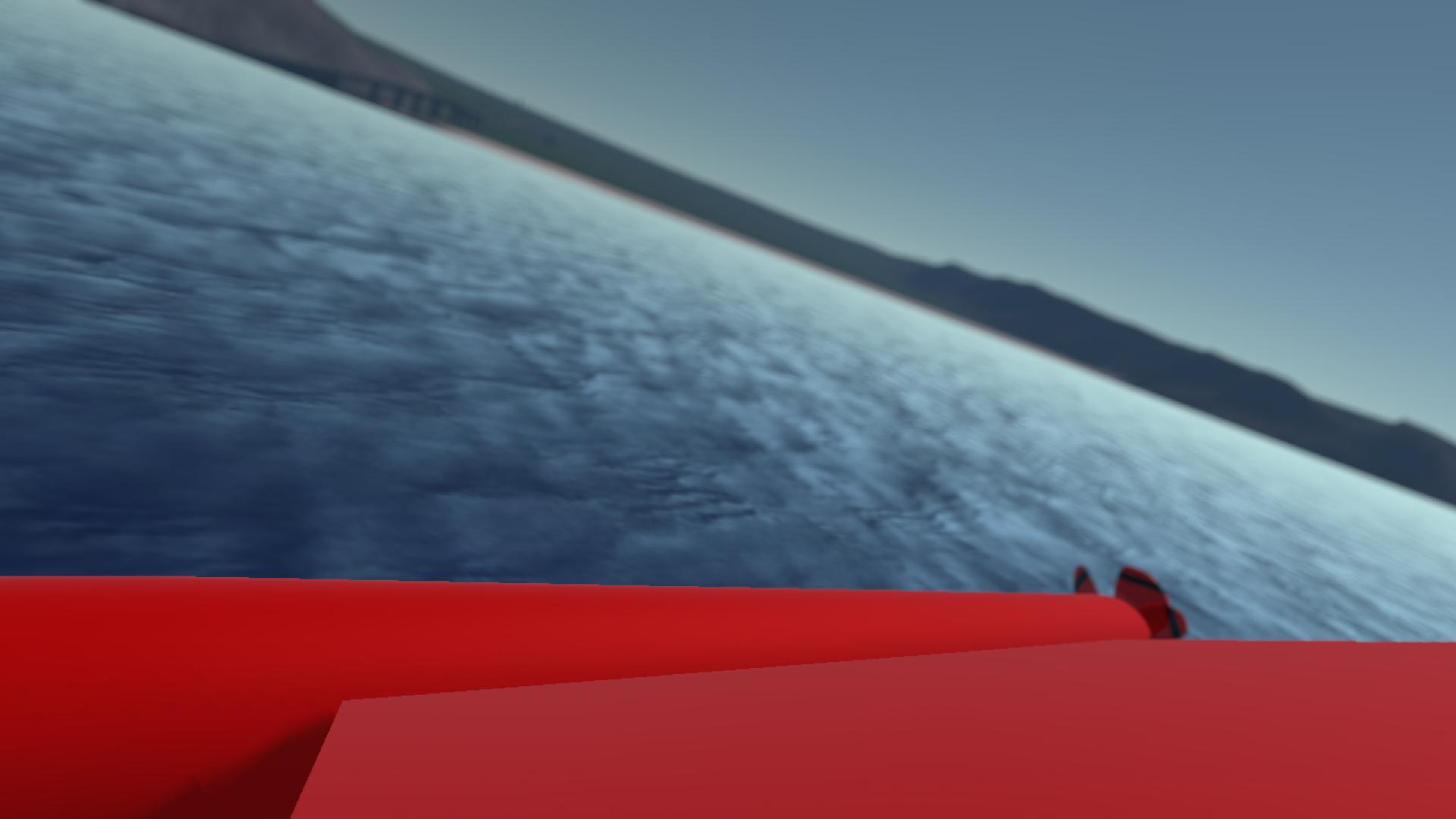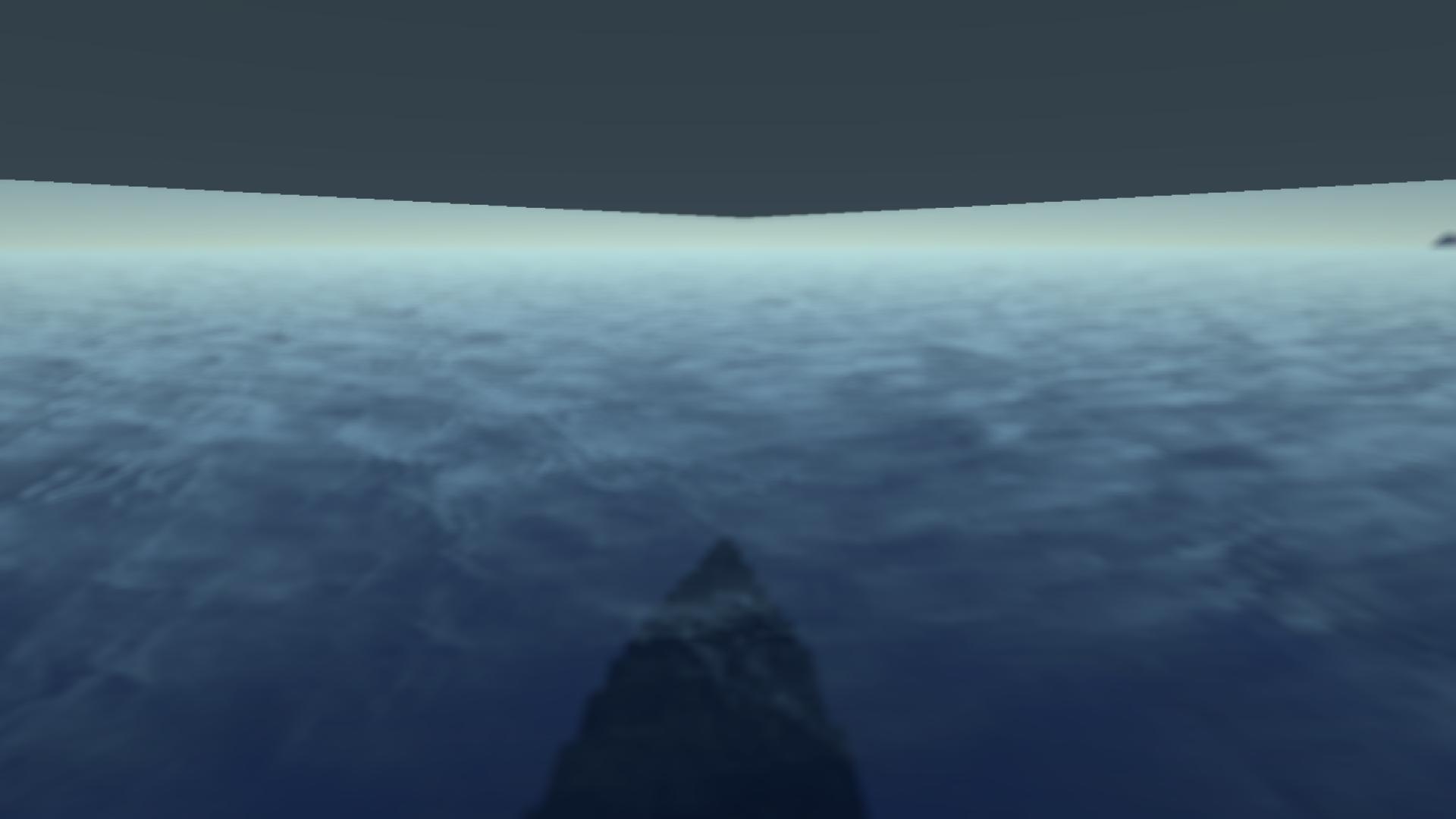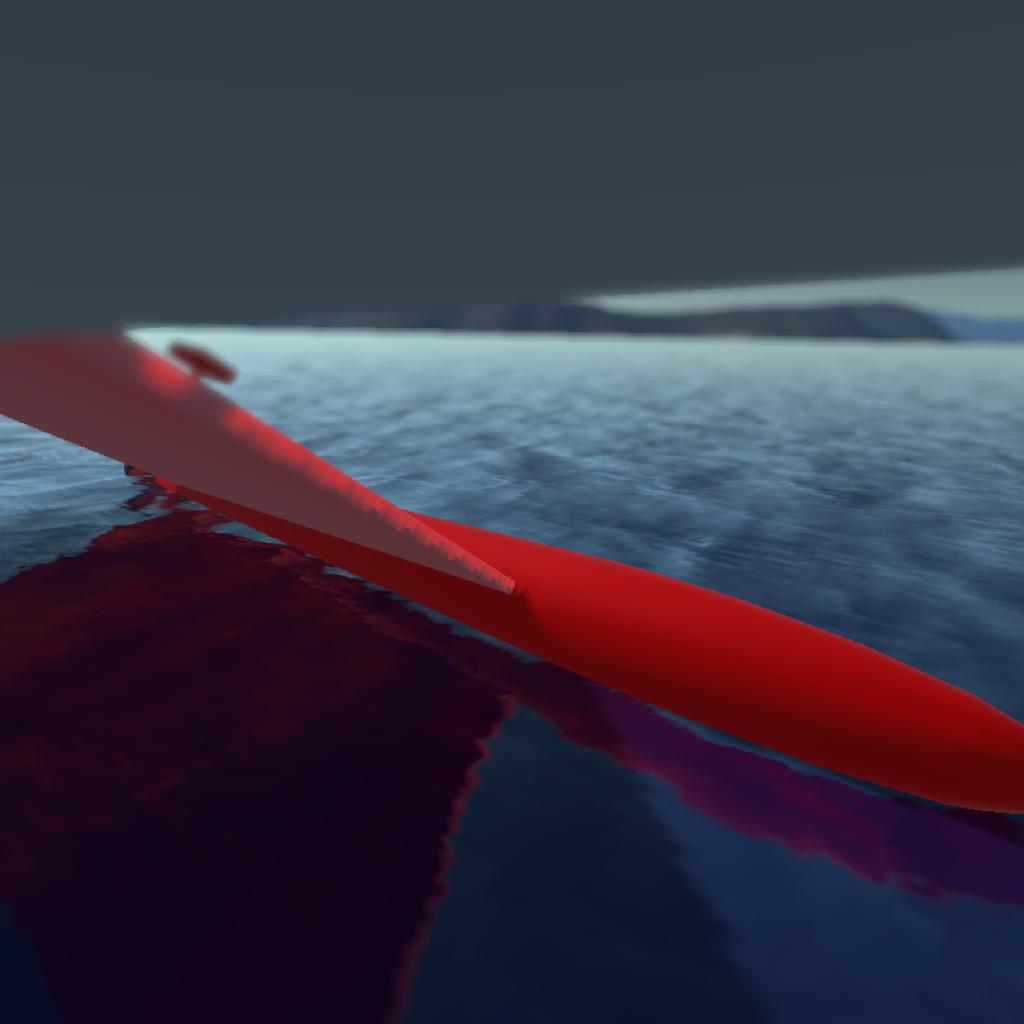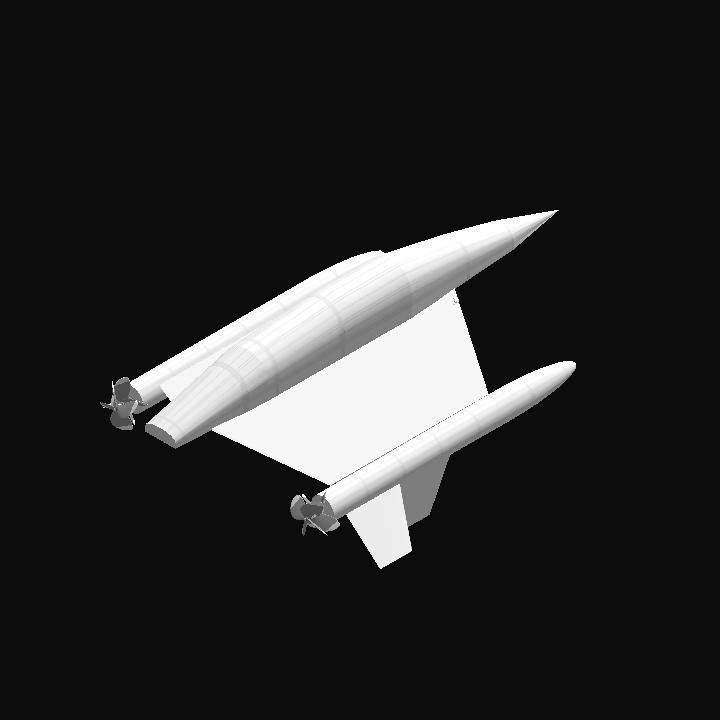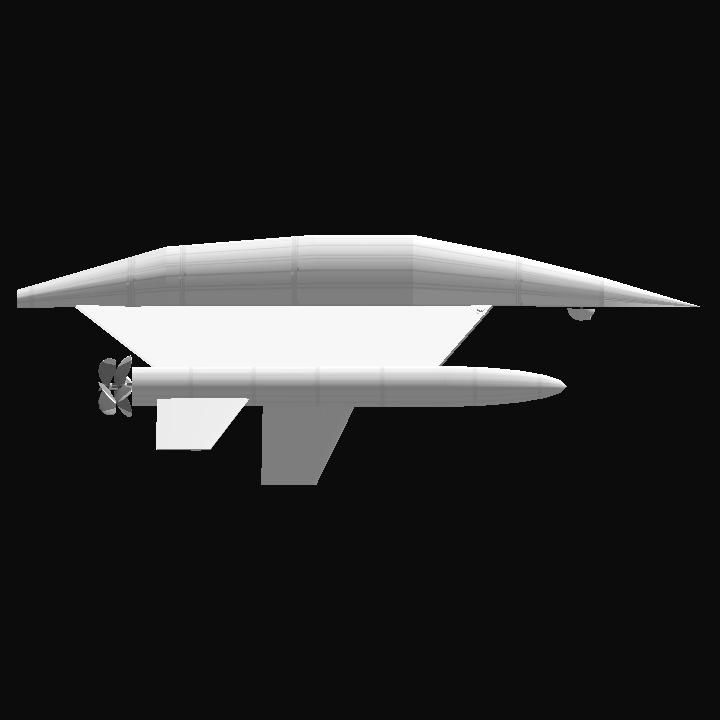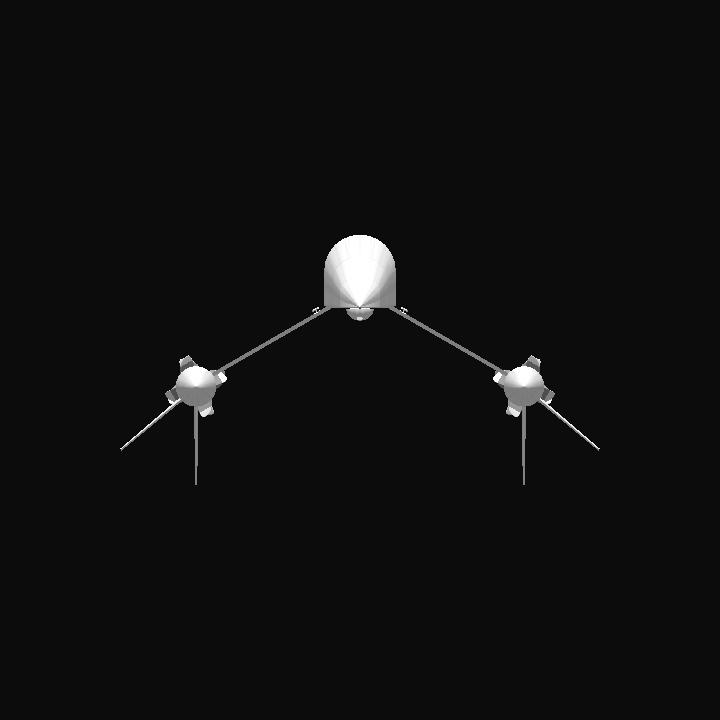Origins and Development of the DB-7 Sea Drone (SWATH Torpedo Boat)
Introduction to the DB-7
The DB-7, short for "Drone Boat-7," is a pioneering sea drone designed to serve as a SWATH (Small Waterplane Area Twin Hull) torpedo boat. This state-of-the-art unmanned vessel combines the stability advantages of SWATH design with advanced propulsion and autonomous navigation systems.
SWATH Design
The SWATH design is central to the DB-7's capabilities. SWATH vessels feature two submerged hulls connected to the main structure above the waterline by thin struts. This design reduces the waterplane area, resulting in enhanced stability, especially in rough seas. The concept dates back to the 1930s but gained prominence in naval applications in the latter half of the 20th century.
Contra-Rotating Propellers
The DB-7 utilizes contra-rotating propellers driven by an electric engine. Contra-rotating propellers consist of two propellers mounted on the same axis but rotating in opposite directions. This setup offers several advantages:
- Increased Efficiency: By counteracting the rotational flow, contra-props reduce drag and improve propulsion efficiency.
- Improved Stability: They provide better balance and reduced vibration, enhancing the overall stability of the vessel.
- Compact Design: This propulsion system is ideal for compact, agile vessels like the DB-7.
Electric Propulsion
The electric engine driving the contra-props is a crucial element of the DB-7's design. Electric propulsion offers several benefits:
- Quiet Operation: Reduced acoustic signature is vital for stealth operations.
- Environmental Impact: Electric engines produce no emissions, aligning with modern environmental standards.
- Efficiency and Reliability: Electric engines have fewer moving parts, resulting in lower maintenance needs and higher reliability.
Autonomous Capabilities
As a sea drone, the DB-7 is equipped with advanced autonomous navigation and control systems. These systems enable the DB-7 to perform various missions with minimal human intervention, including:
- Surveillance and Reconnaissance: Equipped with sensors and cameras, the DB-7 can gather intelligence in hostile or inaccessible areas.
- Torpedo Delivery: The vessel can carry and deploy torpedoes with precision, making it a formidable tool in naval warfare.
- Mine Countermeasures: The DB-7 can be used to detect and neutralize naval mines, enhancing maritime safety.
Conclusion
The DB-7 represents a significant advancement in naval technology, combining the stability of SWATH design with the efficiency of electric propulsion and the precision of autonomous operation. Its development marks a step forward in the evolution of unmanned maritime vessels, promising enhanced capabilities for naval operations and maritime security.

